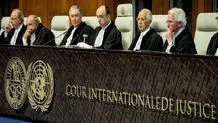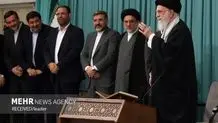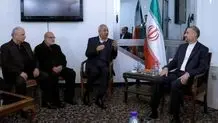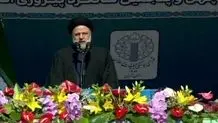Iran urges UNHRC to hold Israel accountable for its crimes
Iranian Foreign Minister Hossein Amir-Abdollahian has urged the United Nations Human Rights Council (UNHRC) to hold the Zionist regime and its supporters accountable for their crimes against humanity.
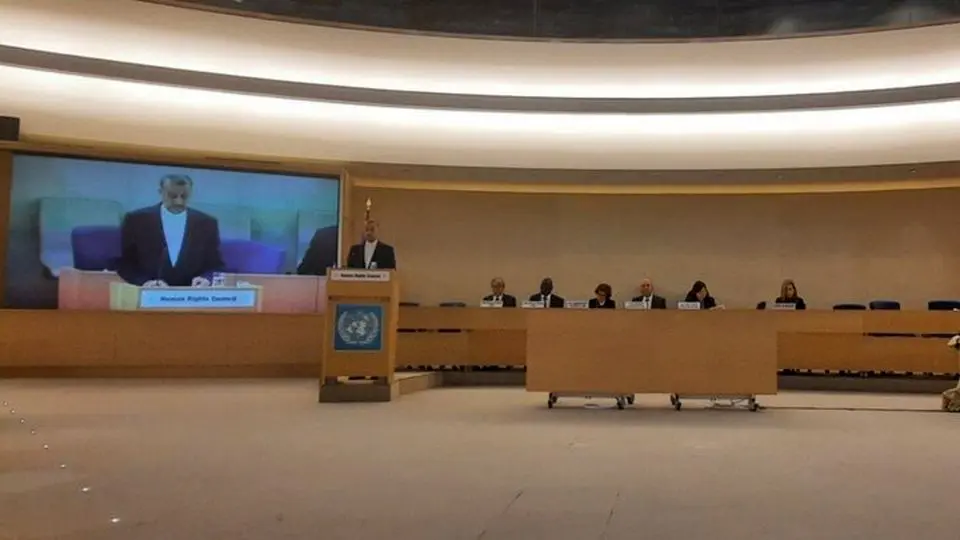
MEHR: Iranian Foreign Minister Hossein Amir-Abdollahian has urged the United Nations Human Rights Council (UNHRC) to hold the Zionist regime and its supporters accountable for their crimes against humanity.
Amir-Abdollahian made the remarks in a speech which he delivered at the 55th session of the United Nations Human Rights Council in Geneva on Monday.
"The Islamic Republic of Iran is steadfast in adhering to and respecting human rights and human dignity based on national and Islamic beliefs and values," the top Iranian diplomat stressed.
Amir-Abdollahian emphasized that unfortunately, the realization of the lofty goals of human rights in the international arena is faced with several important challenges, the most urgent of which is the systematic and extensive "humanicide" by the world's only apartheid regime, the occupying regime of Israel.
Stressing the need for preventing the genocide and committing heinous crimes to become a normal routine, the Iranian foreign minister continued, "Today, the world is witnessing the comprehensive support of the United States of America and some of its allies to the Zionist regime, which is considered a real "complicity" in the genocide."
Undoubtedly, the impunity of Israel's officials during the past 8 decades has been the main reason for the continuation and escalation of the occupation and murder by this regime, he stressed, adding, "I emphasize that the trial and punishment of the perpetrators and commanders of the most serious international crimes committed against the Palestinians must be seriously placed on the agenda of the competent international institutions, especially the International Criminal Court, he added.
The top Iranian diplomat also slammed the double standards and hypocritical behavior of Western states regarding women's human rights.
Elsewhere in his remarks, Amir-Abdollahian stressed that the ominous and dangerous phenomenon of terrorism and extremism continues to claim victims.
The Islamic Republic of Iran, as a country that has been at the forefront of the fight against terrorist groups and has offered many martyrs in this path, has always stressed the need for the serious determination of the international community and the cooperation of countries and international institutions for a decisive and effective fight against terrorism as a threat to the whole world, he underlined.
He stressed that the most important requirement for the elimination of terrorism is the stop of using terrorism as a tool by some powers, including the United States.
Unfortunately, some Western countries continue to host terrorist elements and this is another example of contradiction and hypocrisy in the slogan of those who claim to be a defendant of human rights, he added.
Elsewhere in his speech, Amir-Abdollahian touched upon the Islamophobia issue in the West, stressing that Islam is a religion of mercy and humanity, and this challenge (Islamophobia) needs continuous consideration in the Human Rights Council.
The national, cultural, and religious values and beliefs of nations should be respected, the Iranian minister noted.
Referring to the unilateral and unjust sanctions imposed on the Islamic Republic of Iran, Amir-Abdollahian said that the unilateral coercive actions systematically violate fundamental human rights in countries under sanctions and cause serious harm to people. "Applying unilateral sanctions against nations is illegal and equivalent to a crime against humanity."
"In the end, I would like to emphasize that the fundamental policy of the Islamic Republic of Iran is always based on interaction and dialogue. The Islamic Republic of Iran declares its unwavering commitment to the policy of cooperation and interaction as a key axis in its foreign policy, will use its national capacities to preserve and promote human rights based on its religious values, constitution and legal obligations, and will not spare any efforts in this direction," he conclude.

